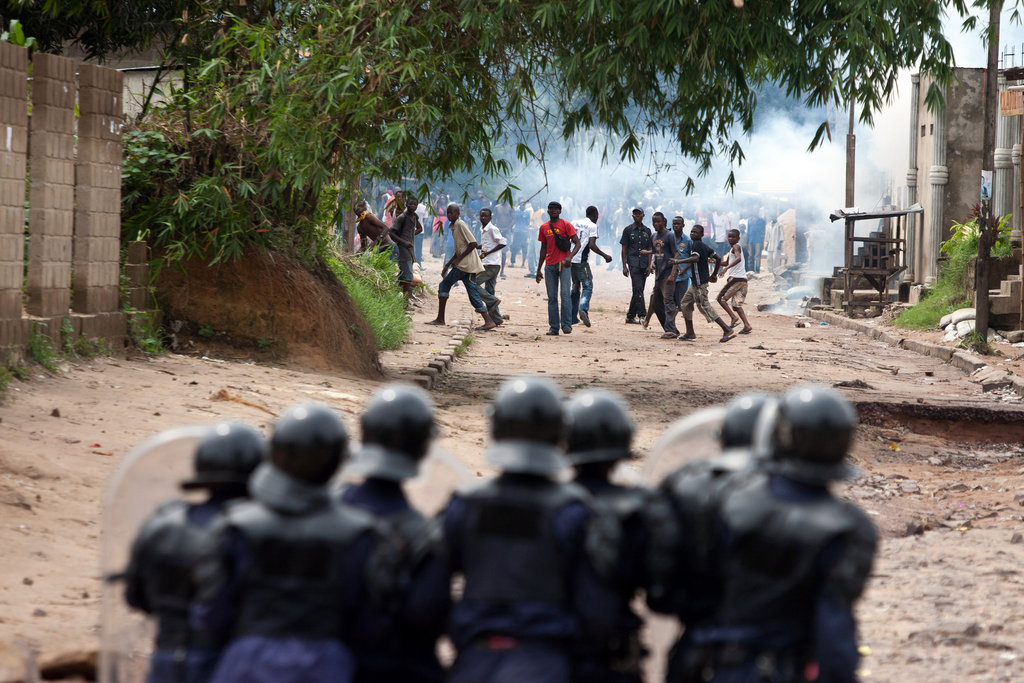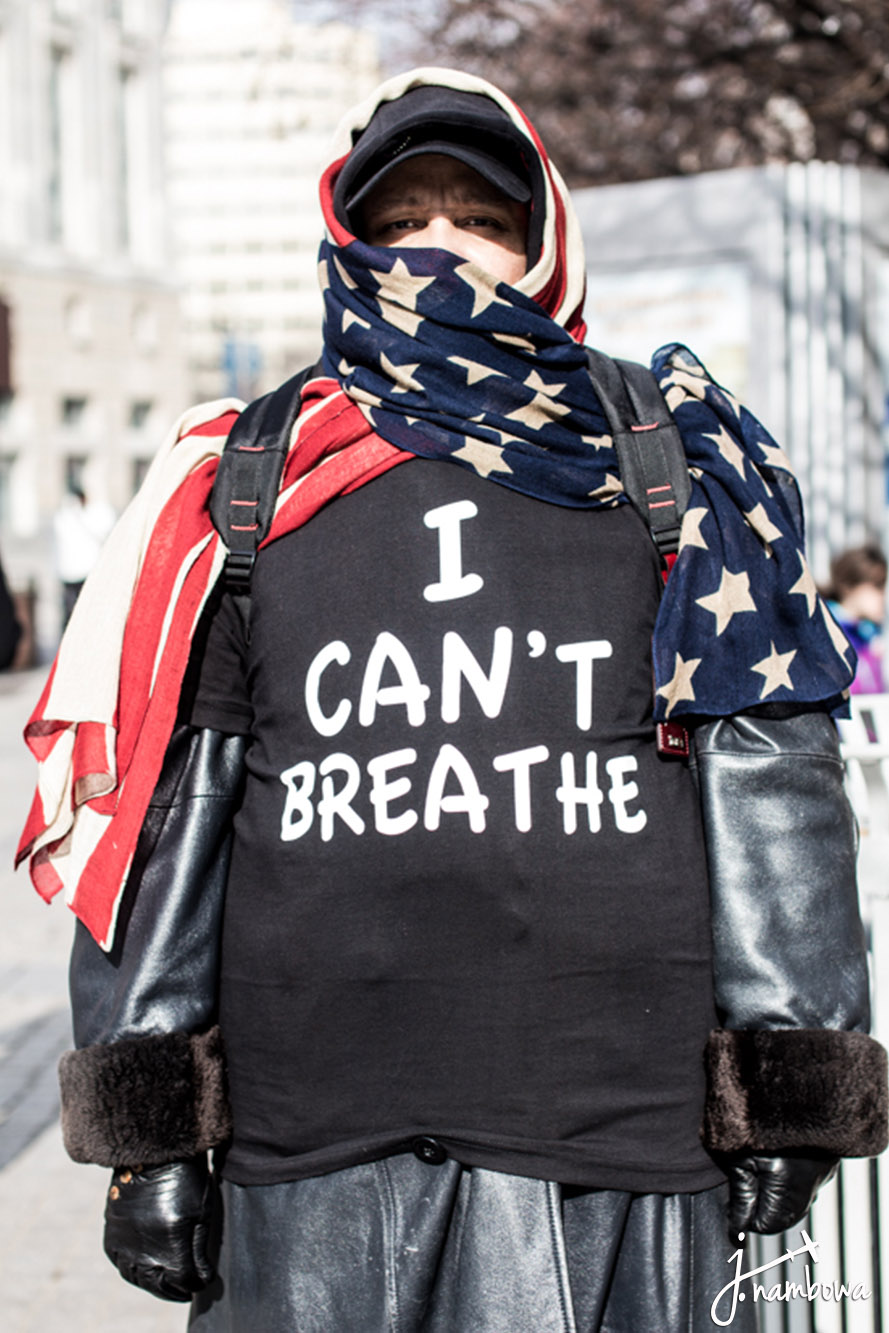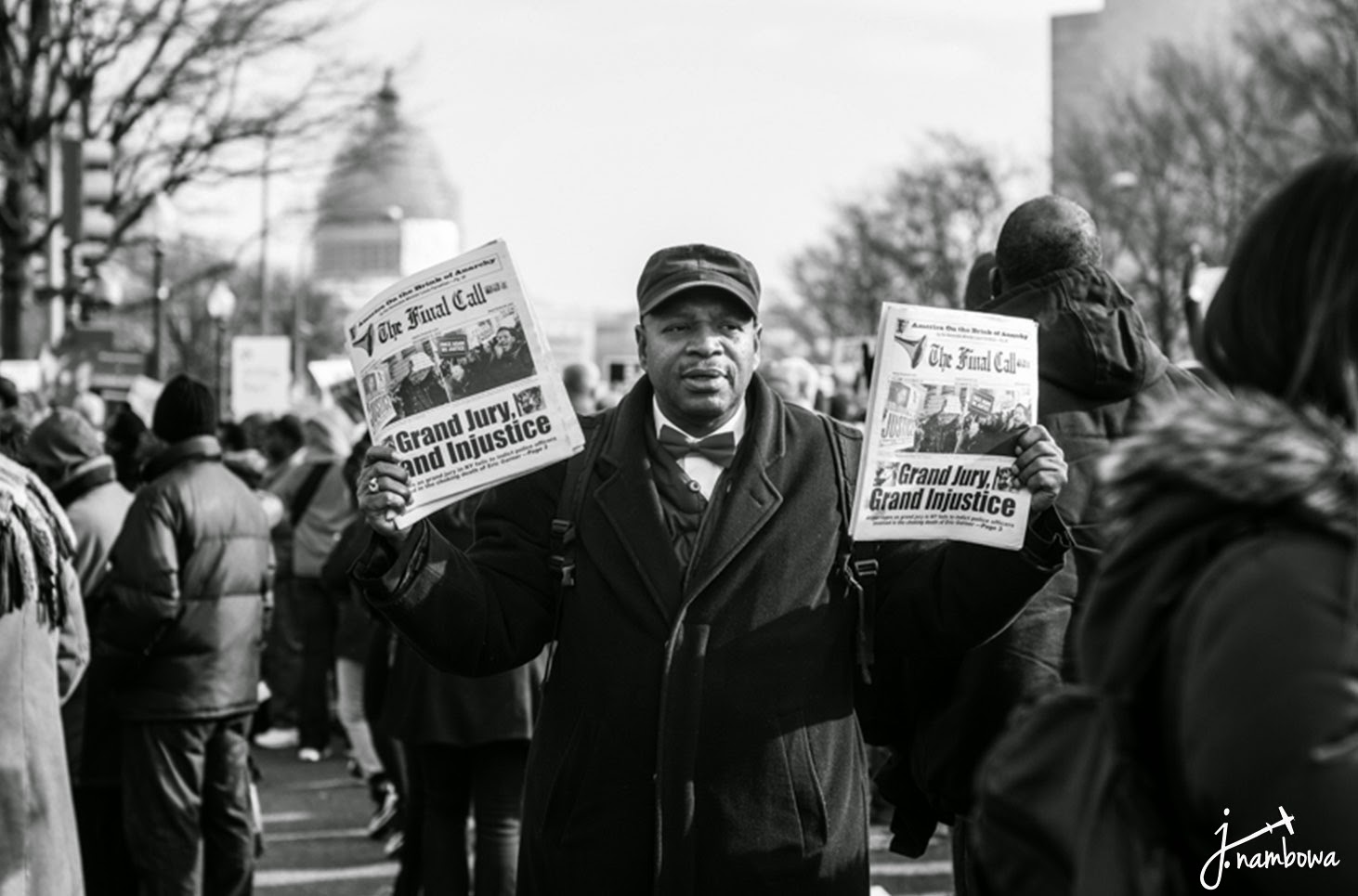Life in Kinshasa
“If today we eat, tomorrow we’ll drink tea,” said Dieudonné Nsala, a father of five who earns $60 a month as an administrator at the Education Ministry. Rent is $120 a month; the numbers, Mr. Nsala pointed out, simply do not add up. Are there days when his children do not eat? “Of course!” Mr. Nsala answered, puzzled at the question. “It can be two days a week,” he said.
Today in the NYTimes, I read an article entitled, “For Congo Children, Food Today Means None Tomorrow”, about the reality of life in Kinshasa. In the article, the author talks with a few people living in Kinshasa about difficulties in feeding their families on a regular basis. The Democratic Republic of the Congo, or the Congo as it is more commonly referred to, remains one of the world’s wealthiest countries, in terms of natural resources, but the benefits are not being widely distributed. With a government that focuses on the extraction of natural resources and only funnels 1% of the budget to agriculture, agricultural productivity is lacking and food imports are high.
The conflict in the Congo is a complicated and extended one, and one that will be hard to improve, but the first step in bettering the lives of the Congolese, is to increase awareness. So read the article. Do some research and find out how you can help improve the lives of people in the Congo. I myself, once I get back to work, will be doing some research on our (the Food and Agriculture Organization of the United Nations) work in the Congo and look for ways to increase awareness about the dire situation throughout my unit.





Lived there in the 80s… It was sad then for the locals and 25 years later it is still sad. How long do a people have to endure suffering?